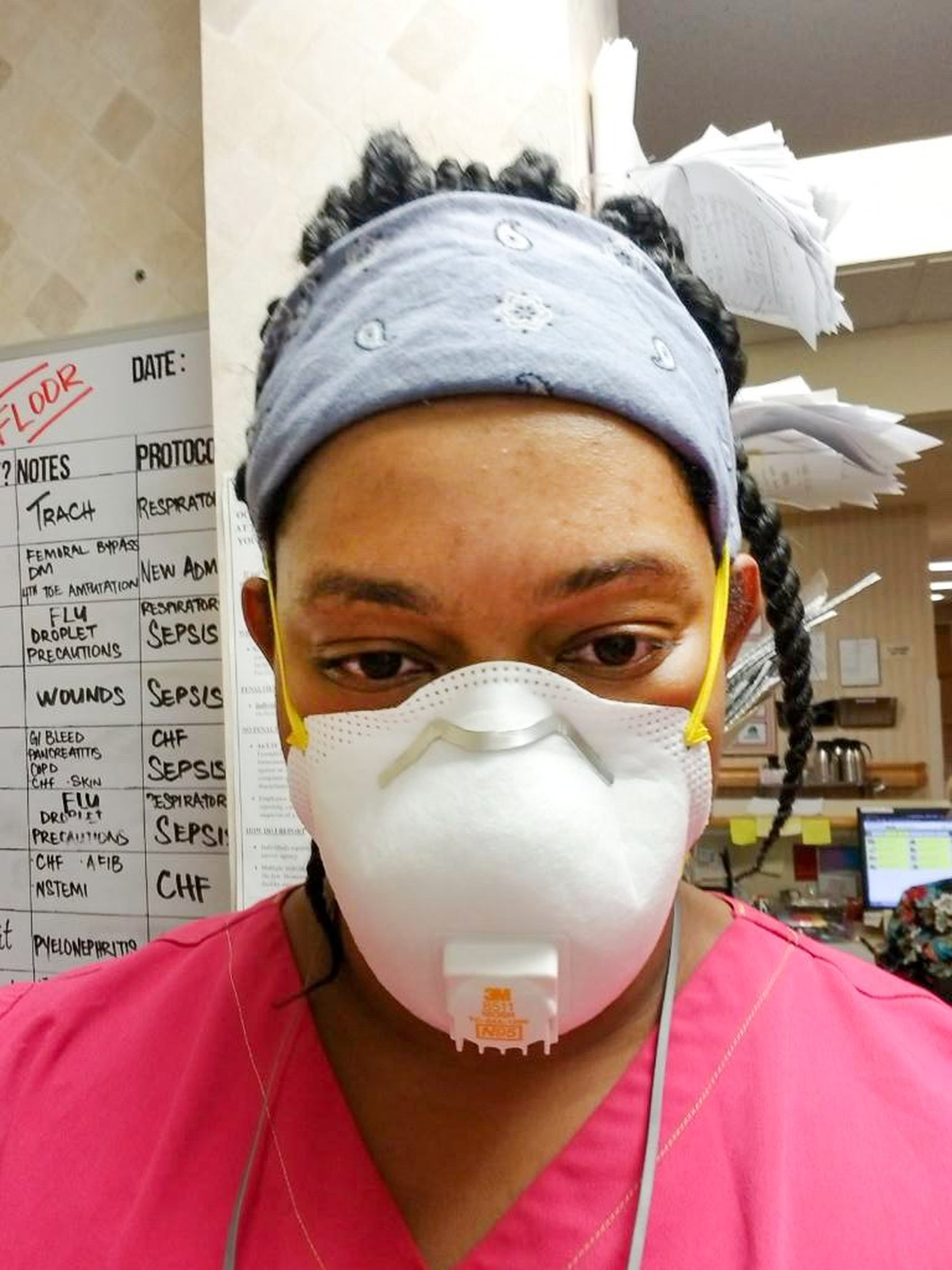“During the overnight shift at a Bellingham nursing home, residents have started dropping by the nurses station again.
Some are in pain from a recent procedure, or “sundowning,” a common symptom of dementia marked by confusion and restlessness as night falls. Others are night owls, or anxious from not seeing family members for so long. Still more stop by for no reason at all — everyone eventually has a sleepless night.
Shelly Hughes, a certified nursing assistant at North Cascades Health and Rehab, has vitals to take and supply closets to stock. But she is happy to see people start to come out from their rooms. She must guide them back — but this is progress. For nearly a year, the station has been quiet, as COVID-19 shuttered so much of life inside the facility and out.
Nursing homes have absorbed so many of the cruel blows of the pandemic. Long-term care facilities, which include nursing homes, assisted-living facilities and adult family homes, account for half the state’s now-almost 5,000 deaths, since the very first outbreaks in the U.S., in the Seattle area. Those rightly stoked fears about the virulent spread of the new disease and the vulnerability of so many seniors, often frail, living so close together.”
A year ago, being at work, it was scary and you never knew what you were coming into. You came in, and thought ‘OK, is this the day I find out we have an outbreak? Am I going to show up and be the only person here?
Shelly Hughes

